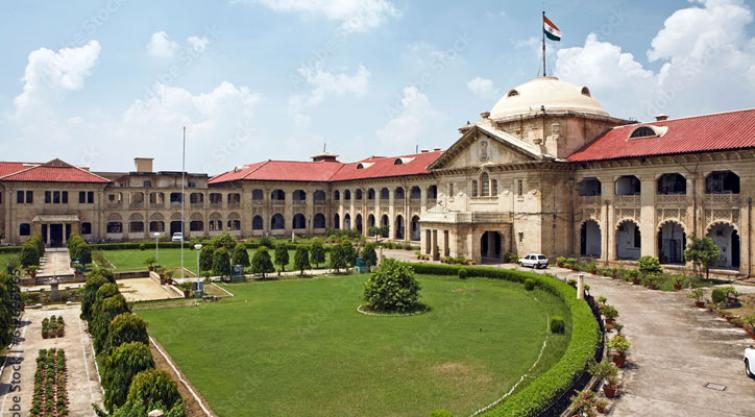By FnF Correspondent | PUBLISHED: 07, Jul 2025, 17:03 pm IST | UPDATED: 07, Jul 2025, 17:03 pm IST
 New Delhi: In a significant legal development, the Lucknow bench of the Allahabad High Court has upheld the Uttar Pradesh government's decision to merge under-enrolled primary schools with nearby larger institutions. The court dismissed a petition filed by 51 children from Sitapur, challenging the state's decision and seeking the annulment of an order issued by the Basic Education Department on June 16. The order, which mandates the merger of low-enrollment schools into higher-level or composite schools, had faced opposition on the grounds of violating the Right to Free and Compulsory Education Act.
New Delhi: In a significant legal development, the Lucknow bench of the Allahabad High Court has upheld the Uttar Pradesh government's decision to merge under-enrolled primary schools with nearby larger institutions. The court dismissed a petition filed by 51 children from Sitapur, challenging the state's decision and seeking the annulment of an order issued by the Basic Education Department on June 16. The order, which mandates the merger of low-enrollment schools into higher-level or composite schools, had faced opposition on the grounds of violating the Right to Free and Compulsory Education Act.Justice Pankaj Bhatia, in a single-judge bench ruling, rejected the claims made by the petitioners, who argued that merging smaller schools with others would disrupt the educational environment, particularly for young children. The petitioners had claimed that the government's decision was contrary to the provisions of the Right to Education Act, which ensures that every child between the ages of 6 and 14 has access to free and compulsory education.
However, the state government defended the merger, presenting the argument that it would enhance educational outcomes for students by consolidating resources and providing better learning environments. The government also highlighted that certain schools were severely underutilised, with as many as 18 primary schools in the state having no students at all.
The government’s plan, announced in June, aims to address the inefficiency of running schools with very low enrollment by merging them into schools with higher student populations. This move is seen as a way to optimise educational resources, improve the quality of education, and ensure that students have access to better infrastructure and teaching staff. The merged schools will no longer operate independently; instead, students from these schools will be transferred to nearby institutions.
Despite objections from local communities and political parties, who argue that the merger would undermine children’s access to education—especially in rural areas where schools may be far from home—the government has maintained that the policy is in the best interest of students.
The petitioners had emphasised that merging schools would make it difficult for children, particularly in rural areas, to access education, and would lead to long travel times. They also argued that this decision would violate the right to free education for children.
With the court's ruling, the Uttar Pradesh government now has the legal clearance to implement its school merger plan, which is expected to be rolled out in phases over the coming months.
The decision marks a significant step in the state’s efforts to reform its educational system by addressing issues of resource allocation and improving the overall quality of schooling in Uttar Pradesh.

by : Priti Prakash
This week has thrown up a firestorm of global developments. Let's dive into the top 5 internati...